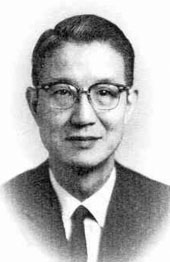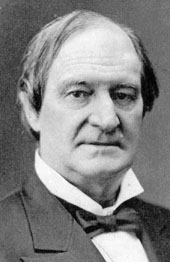Prouty, Olive Higgins
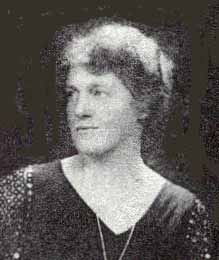 Olive Higgins Prouty (January 10, 1882-March 24, 1974) was an American novelist, most active in the period between the First and Second World Wars. In this interval between women’s suffrage and women’s liberation, when few openly questioned the notion that a woman’s fulfillment is to be found in a subordinate role, Prouty insisted on the importance, for women as well as for men, of independent judgment, freedom from illusion, and full personal responsibility for one’s actions.…
Olive Higgins Prouty (January 10, 1882-March 24, 1974) was an American novelist, most active in the period between the First and Second World Wars. In this interval between women’s suffrage and women’s liberation, when few openly questioned the notion that a woman’s fulfillment is to be found in a subordinate role, Prouty insisted on the importance, for women as well as for men, of independent judgment, freedom from illusion, and full personal responsibility for one’s actions.…
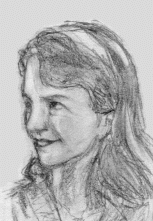 ylvia Plath (October 27, 1932-February 11, 1963) was a poet, literary critic, novelist, diarist, correspondent and sometime social activist. On the evidence of her intensely confessional poetry, Plath’s personal theology was humanist, with a leaning toward nature mysticism. Throughout her short life she associated closely with the Unitarian church.…
ylvia Plath (October 27, 1932-February 11, 1963) was a poet, literary critic, novelist, diarist, correspondent and sometime social activist. On the evidence of her intensely confessional poetry, Plath’s personal theology was humanist, with a leaning toward nature mysticism. Throughout her short life she associated closely with the Unitarian church.…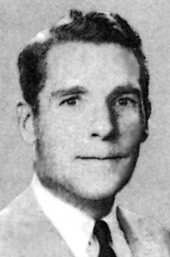 Leslie Talbot Pennington (October 30, 1899-December 6, 1974), a Unitarian and Universalist minister who chaired the Unitarian Commission on Church Union, was throughout his career an active civic leader and organizer of pioneering church social action programs. He was especially prominent in advocating international peace and promoting neighborhood racial integration.…
Leslie Talbot Pennington (October 30, 1899-December 6, 1974), a Unitarian and Universalist minister who chaired the Unitarian Commission on Church Union, was throughout his career an active civic leader and organizer of pioneering church social action programs. He was especially prominent in advocating international peace and promoting neighborhood racial integration.…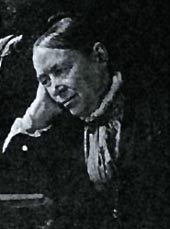 Susan Charlotte Barber Lloyd Jones (May 15, 1832-October 26, 1911) was the first wife of the Unitarian minister
Susan Charlotte Barber Lloyd Jones (May 15, 1832-October 26, 1911) was the first wife of the Unitarian minister 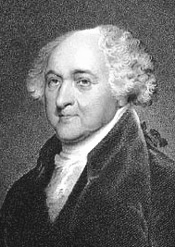

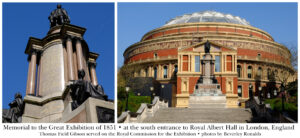 Thomas Gibson (September 5, 1777-July 1, 1863) and his only surviving son Thomas Field Gibson (March 3, 1803-December 12, 1889) were prominent silk manufacturers in Spitalfields, in London’s East End, during the industrial revolution. Developing keen interest and influence in political, economic, industrial, and social reform they developed programs to support working people through useful education, improved living conditions, and pastoral care.…
Thomas Gibson (September 5, 1777-July 1, 1863) and his only surviving son Thomas Field Gibson (March 3, 1803-December 12, 1889) were prominent silk manufacturers in Spitalfields, in London’s East End, during the industrial revolution. Developing keen interest and influence in political, economic, industrial, and social reform they developed programs to support working people through useful education, improved living conditions, and pastoral care.…